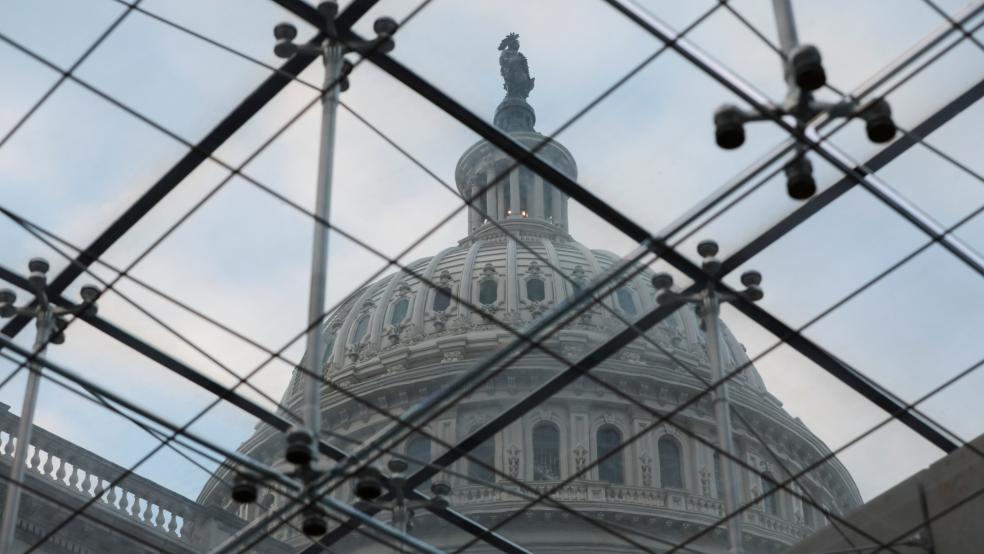President Biden is calling for the individual tax cuts signed into law by former President Trump in 2017 to expire as scheduled after next year, but with one major exception: Anyone earning less than $400,000 per year will get to keep those cuts, with the burden of higher taxes falling only on businesses and the wealthy.
The White House has contrasted its position with that of Trump, who, along with many other Republicans, has called for extending the tax cuts for everyone. The Congressional Budget Office recently estimated the cost of doing so would be something like $4.6 trillion over a decade. Trump has also suggested that he wants to pass even more tax cuts, though details have been lacking.
Less has been said about the cost of Biden’s plan. But according to an analysis conducted for the news site Semafor by the Committee for a Responsible Federal Budget, Biden’s proposal would cost between $2 trillion and $3 trillion over 10 years, depending on how it is implemented.
Democrats say they plan to raise taxes on businesses and the rich to cover the cost of keeping the 2017 tax cuts in place for working- and middle-class households. Although they have not yet offered a comprehensive proposal, White House officials have indicated that they plan to raise the corporate income tax rate, crack down on wealthy tax avoiders and enforce a global minimum tax for major corporations.
It could be a challenge, though, to find enough funding to cover the cost of maintaining the Trump tax cuts, especially if a second Biden administration wants to boost its spending on domestic investments such as infrastructure and clean energy, in addition to fulfilling a pledge to expand the Child Tax Credit.
“The big question for Democrats, then, is whether they can find enough offsets to keep their deficit pledges and fund other goals — or if extending Trump’s cuts will simply eat up the rest of their agenda,” Semafor’s Joseph Zeballos-Roig and Jordan Weissmann write.
The big battle ahead: No matter who wins the election this fall, the expiration of large parts of the 2017 tax law will give policymakers a major opportunity to rewrite much of the U.S. tax code next year. U.S. Chamber of Commerce Executive Vice President Neil Bradley told Semafor that it could be “the Super Bowl of tax and economic policy.”
Taxes
Biden’s Plan to Extend Trump’s Tax Cuts Would Cost More Than $2 Trillion: Analysis

Reuters/Cheriss May



